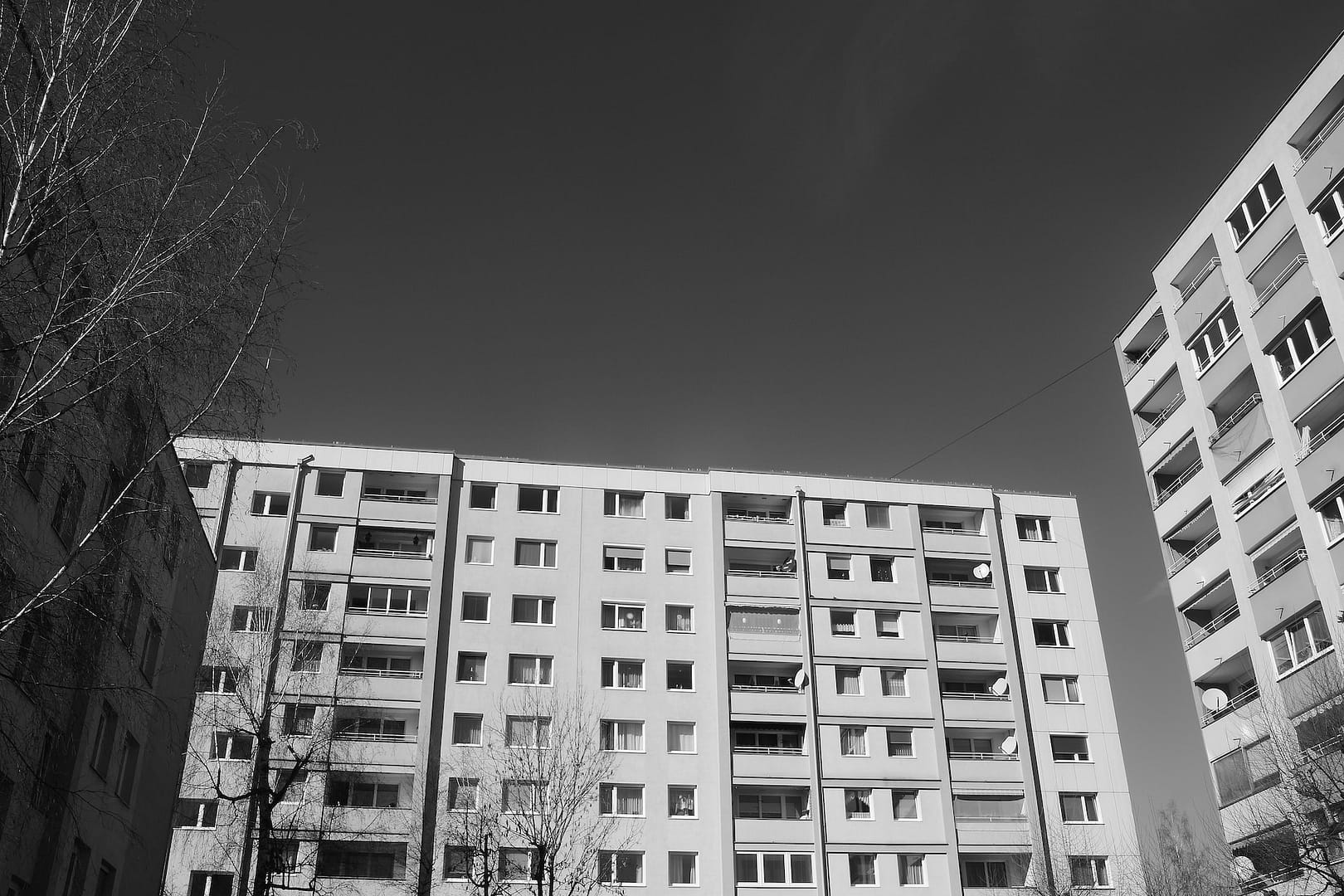In a world that’s constantly changing, certain issues remain steadfast, affecting the lives of countless individuals in our society. One such issue is the lack of social housing impacting temporary accommodation, a problem that has profound implications for the most vulnerable members of our community. This article takes a deep dive into this critical matter, exploring its various facets and shedding light on the real-life struggles it creates. We will also highlight the best steps to take when making a housing disrepair claim.
Understanding Temporary Accommodation and its Consequences
Temporary accommodation, often seen as a short-term solution, is meant to provide a roof over the heads of individuals and families facing housing crises. These crises might arise from sudden evictions, domestic violence, or financial difficulties. While the term “temporary” suggests a brief respite, the reality is far from it. Many families end up languishing in these arrangements for extended periods, leading to a host of negative consequences.
Impact on Well-being and Mental Health
Imagine being confined to a small, cramped room for weeks, months, or even years on end. The lack of space, privacy, and stability takes a toll on mental health and overall well-being. Families, especially children, experience heightened levels of stress, anxiety, and depression due to the uncertain and often unstable nature of temporary accommodation.
Educational Disruptions
For children in temporary accommodation, access to education becomes a daunting challenge. Frequent moves disrupt their schooling, making it difficult to keep up with their studies. This not only hampers their academic progress but also perpetuates a cycle of disadvantage, limiting their future opportunities.
Peering into the Root Cause: The Lack of Social Housing
To truly understand the gravity of the situation, we must delve into the reasons behind the lack of social housing. This crisis isn’t a result of happenstance; it’s a consequence of longstanding policy decisions, economic factors, and societal choices.
Economic Factors and Rising Costs
The cost of living continues to escalate, and housing costs have soared to unprecedented heights. The gap between income and housing expenses has widened, pushing many low-income families to the brink. In such a scenario, the demand for social housing far surpasses the available supply.
Policy Failures and Budget Constraints
Government policies play a pivotal role in addressing housing issues. However, a lack of strategic focus and funding has hindered the development of adequate social housing units. Budget constraints and shifting priorities have left vulnerable populations in the lurch, reliant on a system that is already strained.
Market Forces and Speculation
The housing market is influenced by various forces, including speculation and investment. As housing becomes a lucrative asset for investors, the focus on profit often takes precedence over the welfare of those in need. This dynamic further restricts the availability of affordable housing options.
The Ripple Effect: How the Lack of Social Housing Perpetuates the Crisis
The shortage of social housing doesn’t exist in isolation; rather, it sets off a chain reaction that amplifies the challenges faced by those in temporary accommodation. Let’s take a closer look at how this ripple effect impacts individuals and society as a whole.
Strain on Support Services
Temporary accommodation often lacks the necessary support services that families require. As a result, already burdened support systems—such as healthcare, mental health services, and child welfare—face additional strain. The long-term consequences of inadequate support can be detrimental to the overall well-being of vulnerable individuals.
Vicious Cycle of Instability
Individuals stuck in temporary accommodation face a catch-22 situation. Without stable housing, finding and maintaining employment becomes exceedingly difficult. On the flip side, limited financial resources hinder the ability to secure permanent housing. This cycle of instability becomes hard to break, perpetuating the problem.
Social Cohesion and Community
A stable and supportive community plays a crucial role in fostering social cohesion. However, temporary accommodation often lacks the sense of belonging that a permanent residence provides. This absence of community connection can lead to feelings of isolation and hinder the integration of individuals into society.
Charting a Path Forward: Solutions and Policy Recommendations
Addressing the intertwined issues of temporary accommodation and the lack of social housing requires a multi-pronged approach. Policymakers, community organisations, and citizens must collaborate to effect lasting change.
Investment in Social Housing
One of the most effective solutions is a concerted investment in social housing projects. By increasing the availability of affordable, stable housing options, governments can alleviate the strain on temporary accommodation and create a more equitable society.
Policy Overhaul and Coordination
Policies related to housing, welfare, and support services need a comprehensive overhaul. A coordinated approach that addresses the interconnectedness of these issues is essential. This involves collaboration between government agencies, NGOs, and community groups to ensure a holistic support system.
Preventative Measures
To break the cycle of temporary accommodation, a focus on preventative measures is crucial. This could involve financial counselling, education, and programs that offer vulnerable populations the tools they need to maintain stable housing situations.
Making a Housing Disrepair Claim
As if the challenges of temporary accommodation weren’t enough, another layer of complexity arises when we consider housing disrepair. In many cases, individuals in temporary accommodation are forced to endure substandard living conditions, exacerbating their plight. Making a housing disrepair claim can be a vital step in holding landlords accountable for providing safe and habitable living spaces. This process involves seeking legal remedies for issues such as dampness, mould, structural damage, and inadequate heating. By addressing housing disrepair, individuals can strive for better living conditions even within temporary accommodation.
First of all, it is integral that you contact National Claims. Our claims specialists will be able to help you with every query you have and will be able to guide you through the claims process.

A Call to Action: Bridging the Gap
In a society that prides itself on progress, it’s disheartening to see the persistence of a crisis that affects the most marginalised among us. The lack of social housing directly impacts temporary accommodation, creating a domino effect that erodes well-being, hinders progress, and widens social inequalities. It’s time for a collective call to action—time to demand change, push for policy reform, and ensure that the right to safe and stable housing is upheld for every member of our society.
Conclusion
The intertwining issues of temporary accommodation and the lack of social housing paint a grim picture of the challenges faced by vulnerable individuals and families. The consequences ripple through their lives, affecting mental health, education, and overall well-being. While solutions like investment in social housing and policy overhaul are essential, change requires collective effort and a commitment to a more equitable society. As we advocate for change, we must also remember that the path forward is paved with empathy, compassion, and a determination to create a world where everyone has a place to call home.
Contact us today to start your claim and learn more about making a housing disrepair claim.
Click below to see why we are one of the most trusted claims management companies in the UK.

We’re proud of our excellent customer reviews
We thrive on delivering exceptional service and ensuring our clients’ satisfaction. Don’t just take our word for it. Check out some of our independent reviews to see what our clients have to say.
Excellent

This firm is excellent, they sorted out my car pay out and injury claim very fast, they always communicate with you all the time.

My accident case was dealt with confidence and with great result of the outcome, especially James kept me informed all the time.

I was very impressed at the way my inquiry was treated. I was listened to attentively and everything I needed to know was explained to me.






